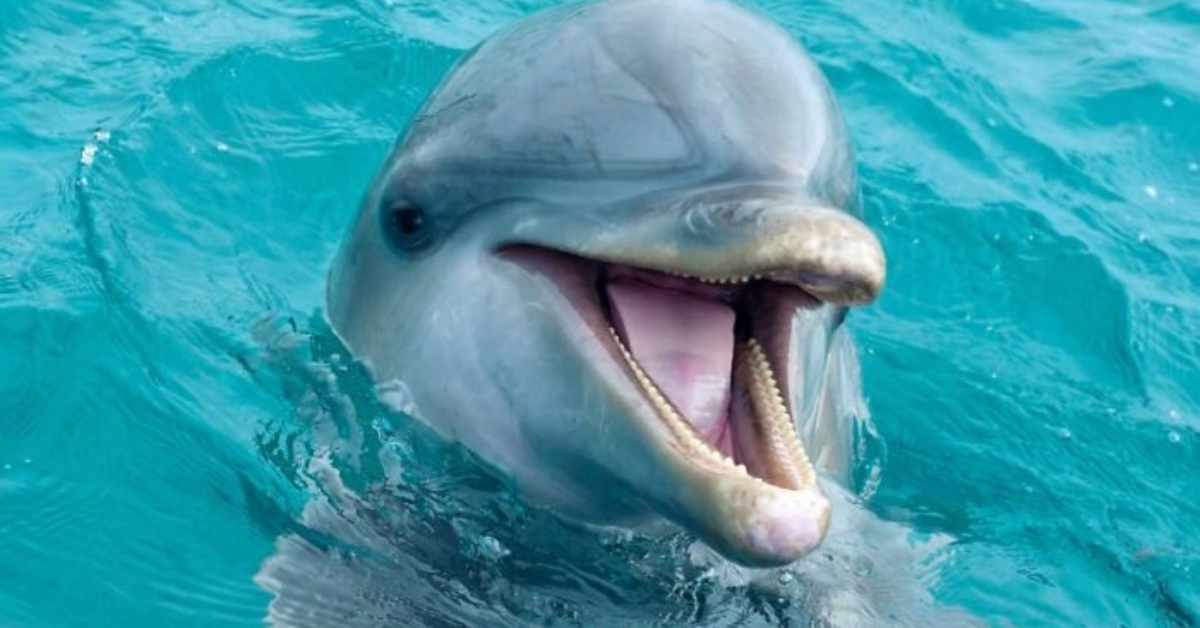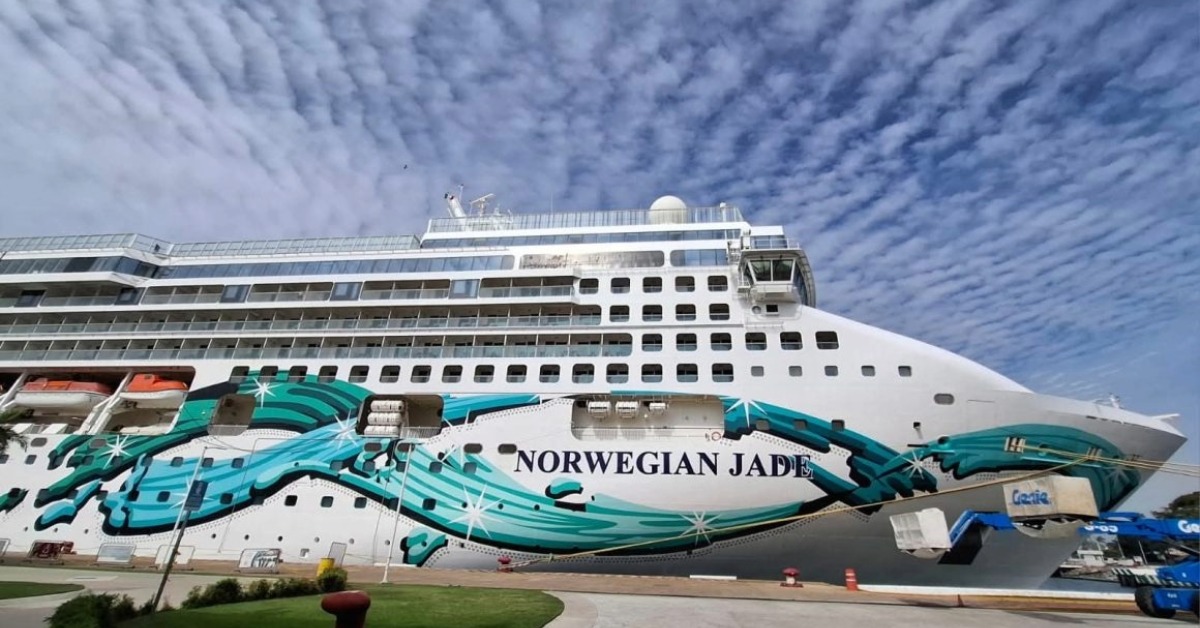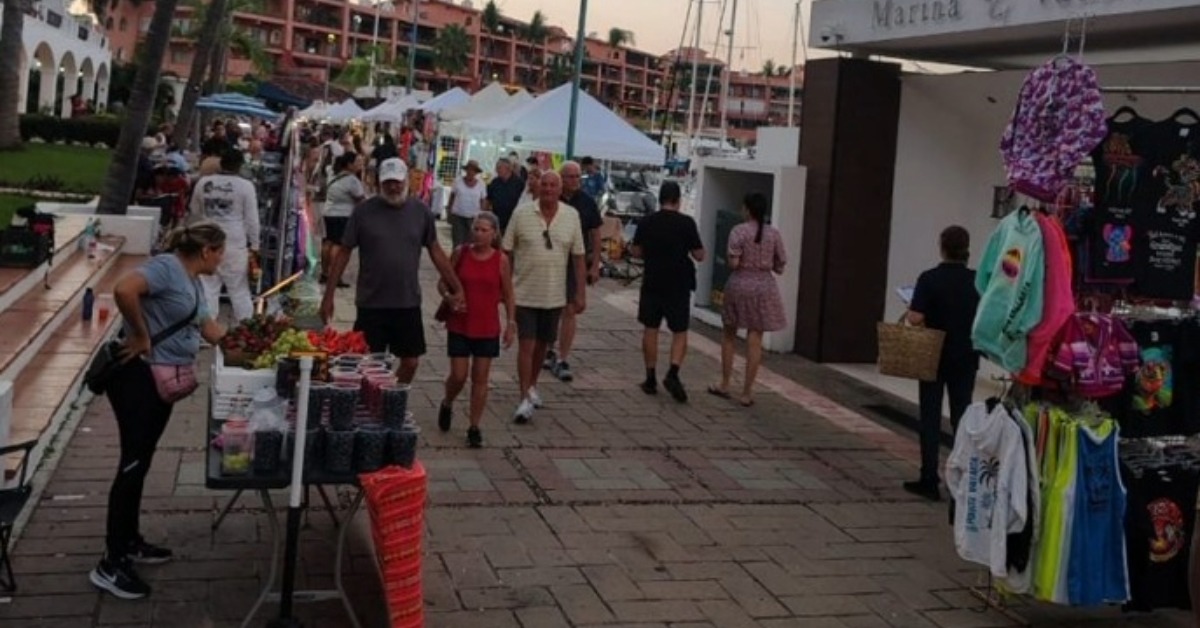Dolphin shows and swim programs in Puerto Vallarta may be banned as the Mincho Law moves to a final vote in Mexico’s Chamber of Deputies.
Dolphin shows and swim-with-dolphin attractions in Puerto Vallarta may soon come to an end. Mexico’s Senate has unanimously approved the “Mincho Law,” a sweeping animal welfare bill that would outlaw dolphin performances, captive breeding, and the use of concrete pools for marine mammals. The law now moves to the Chamber of Deputies for a final vote—one step away from becoming national policy.
Read Full Story





